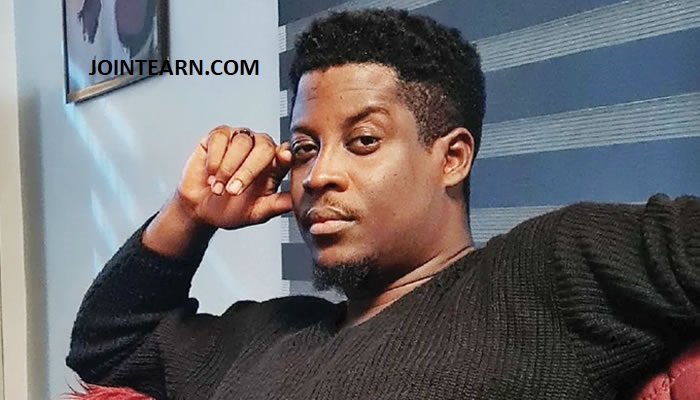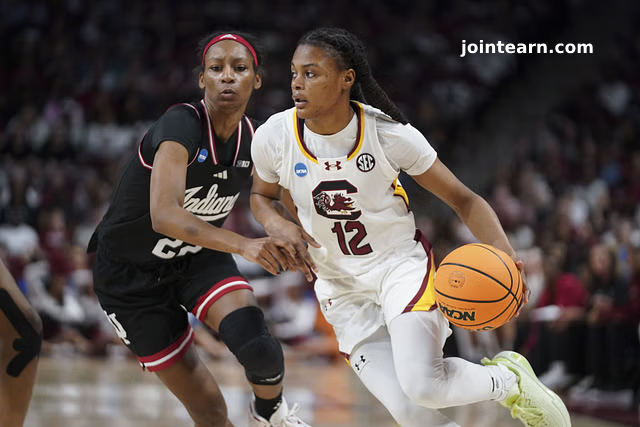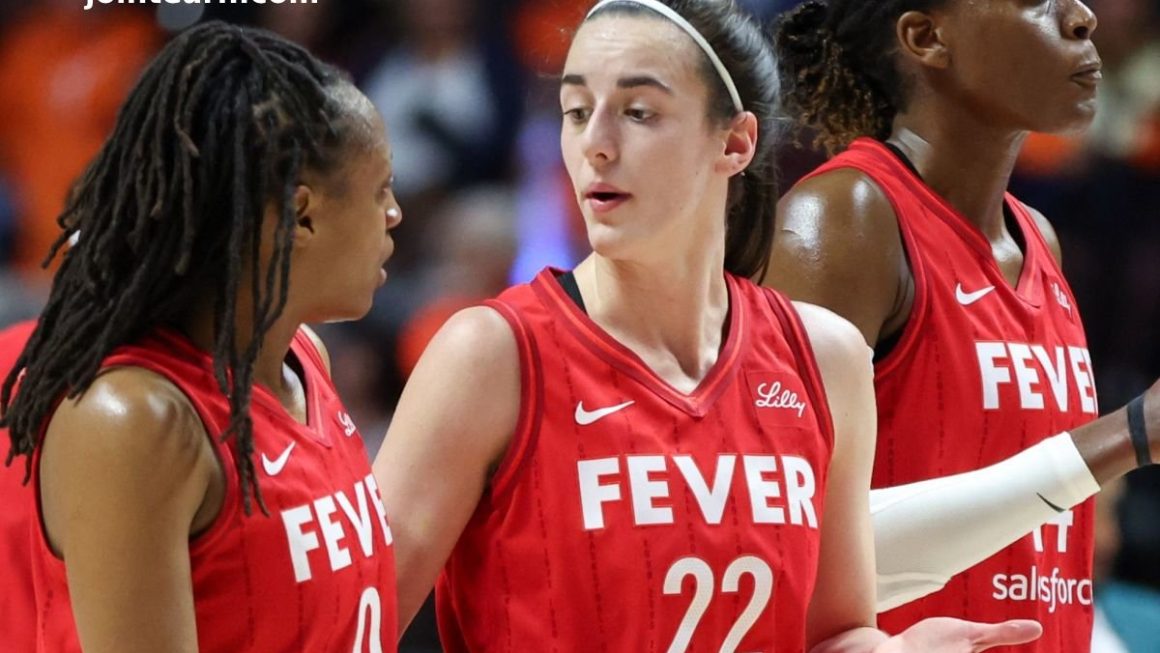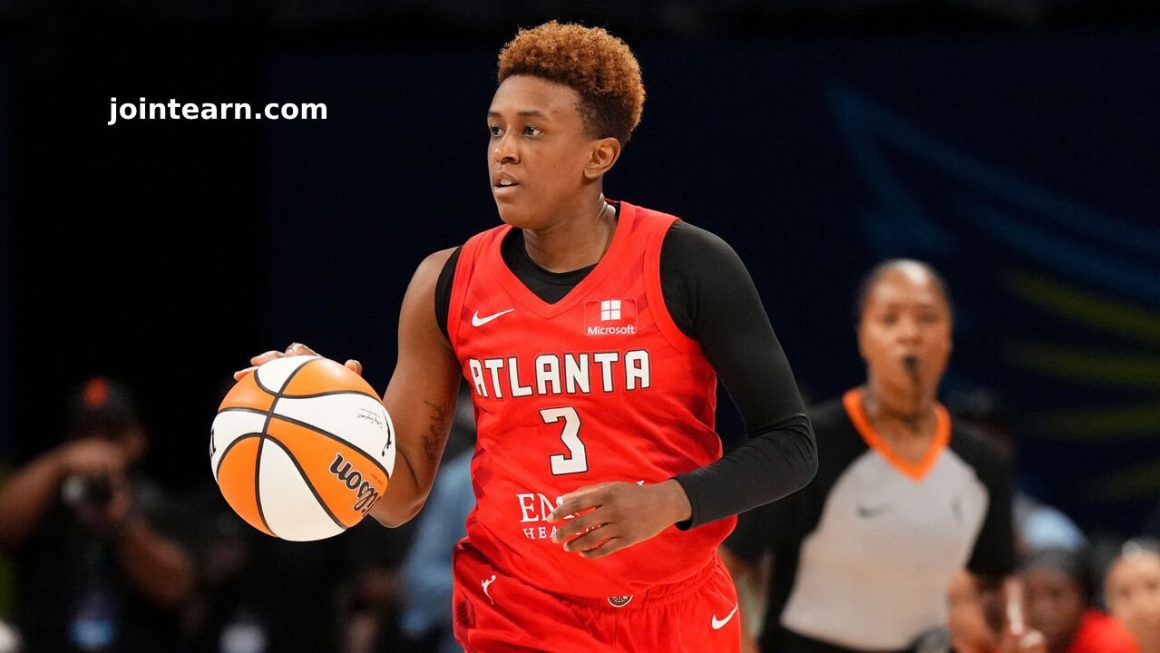In a heartfelt revelation, former youth football sensation Awolowo has shared how relentless dribbles and emotional struggles forced him to abandon a promising career on the pitch.
Speaking candidly during a recent interview, Awolowo painted a vivid picture of the challenges he faced in his early years. Despite showing immense promise and earning the admiration of coaches and teammates alike, the psychological toll of repeated on-field humiliation eventually proved too much for the young player.
“I loved football with all my heart,” Awolowo began. “From a very young age, I dreamed of becoming a professional. I would wake up early to practice and stay up late watching games, trying to learn from the best. But nothing prepared me for the mental battle I faced once I stepped onto the pitch against tougher opponents.”
Awolowo explained that as he rose through the youth ranks, the level of competition intensified dramatically. It wasn’t the physicality of the game that broke him — it was the constant embarrassment of being dribbled past by more skillful players.
“Every time an opponent would dribble past me, it felt like a dagger to my pride,” he admitted. “It wasn’t just about losing a duel; it felt personal. The crowd would gasp or laugh, and in those moments, all the work I had put in seemed invisible. I began to dread matches rather than look forward to them.”
He noted that, over time, the repeated experiences chipped away at his confidence. “You start questioning yourself. ‘Am I good enough? Do I belong here?’ Those thoughts played on a loop in my mind. I would overthink every move, and soon, I was playing scared.”
For Awolowo, the turning point came during a high-stakes youth tournament where, in front of scouts and an enthusiastic crowd, he was repeatedly outclassed by a particularly gifted opponent.
“I still remember that day vividly,” he said, with a distant look. “He dribbled past me like I wasn’t even there — not once, not twice, but throughout the entire match. Each time, it felt like the whole world was watching me fail. I walked off that field knowing something inside me had changed.”
Despite encouragement from coaches and offers to work on his defensive skills, Awolowo found it increasingly difficult to enjoy the game. The love and passion that once fueled him had been replaced by fear and self-doubt.
“Football had become a source of anxiety,” he confessed. “Every time I put on my boots, I felt a knot in my stomach. I realized I wasn’t playing for the love of the game anymore; I was playing to avoid humiliation. That’s not the way sports should feel.”
Eventually, Awolowo made the painful decision to step away from competitive football altogether. Though it was a heartbreaking move at the time, he now reflects on it as an essential part of his personal growth.
“Walking away was one of the hardest decisions of my life,” he said. “But it was necessary. I needed to protect my mental health. Leaving football allowed me to rediscover who I was outside of the sport.”
Today, Awolowo channels his passion into other areas, mentoring young athletes and speaking openly about the importance of mental health in sports.
“I tell young players now: it’s okay to struggle. It’s okay to not be the best. What’s important is that you don’t tie your entire self-worth to your performance on the field,” he emphasized.
He also advocates for coaches and sports administrators to create environments that prioritize emotional resilience alongside physical training.
“We need to teach kids that being outplayed or dribbled isn’t a personal failure — it’s part of the game,” Awolowo stressed. “Everyone, even the greatest players, gets beaten sometimes. It’s how you respond that defines you.”
Awolowo’s story is a reminder of the unseen battles athletes often fight beneath the surface. While the focus often remains on skill, speed, and strength, the psychological challenges of competitive sports can be just as demanding — and sometimes even more devastating.
As for whether he ever plans to return to the sport in any capacity, Awolowo smiled and said, “Football will always be a part of me. I may not play competitively anymore, but I’ll always love the game — just from a healthier distance now.”
His journey stands as a powerful testament to the importance of mental health, resilience, and finding one’s identity beyond the scoreboard.












